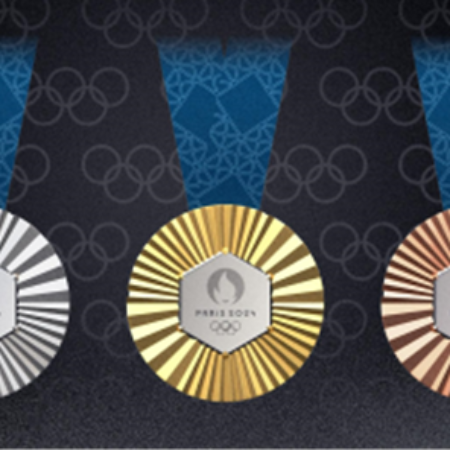The Olympic Games in Paris have just concluded and New Zealand athletes won an astonishing 20 medals, 10 of those gold medals. That is quite an achievement for such a small nation. It is also considerably more than New Zealand athletes had achieved in previous years. I particularly remember the games in Atlanta in 1996, where New Zealand won six medals, and in Sydney in 2000, where New Zealand won four medals. The names of Danyon Loader, gold medallist swimmer in 1996, and Rob Waddell, gold medallist rower in 2000, were on everyone’s lips. Now, with so many winners it is more difficult to keep track of them. I wonder whether we have been getting used to such medal hauls. After all, in 2016 and 2021 New Zealand also was quite successful.
New Zealand’s sport success is not an accident. The various codes partner with High Performance Sport New Zealand to not only prepare the athletes throughout their career, but to also have a strategic approach to participation in the Olympic Games and other high profile sporting events. Quite a few of the medals were won in rowing and cycling. The high performance bases for both of these sports are in Cambridge, Waikato. As you may know, I was curate at St Andrew’s Cambridge for two years and know the town relatively well from our time living there. But I have to say the fact that it was a centre for high performance sport hardly affected our lives. We did not know any of the athletes. We may have seen them occasionally in the cafés in town. The playground outside the velodrome was one of our children’s favourite. My wife occasionally went to the velodrome café. Swimming in Lake Karapiro also was only possible well east of where the rowers trained. We knew all this training was happening, but overall we were disconnected from it.
Most of the people we had something to do with were retired folk who had come to Cambridge in their later years and families in which the parents all had fairly standard jobs. The sport that we did get to know a little bit was football, because the pitches were right opposite our house. These were also used for Waikato women’s rep games and we knew a family involved in that. Of course we also knew people who played rugby, netball or croquet and plenty of runners as well as recreational cyclists. These are more grassroots sports and therefore not so removed from our every day.
I wonder whether we as Church are more like grassroots sport that is close to the community, or rather like high performance sport that people know about, but hardly ever encounter in their daily life. The main way for the Church to be present in the lives of others is through the interaction of its members, who are known to their neighbours and live their faith every day.

